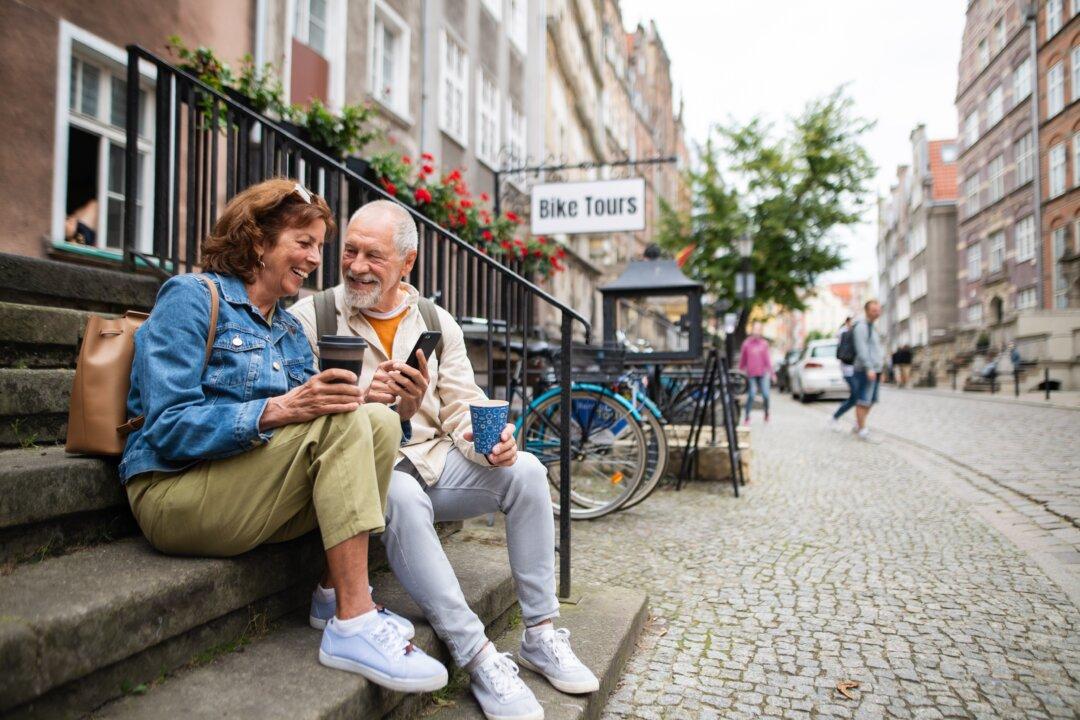Plenty of Australians are travelling overseas for cosmetic treatments and tweaks but new research suggests half the work might be done just by stepping on the plane.
Academics at Edith Cowan University in Perth have found as well as the mental and physical benefits associated with travel, it can keep people looking younger.





